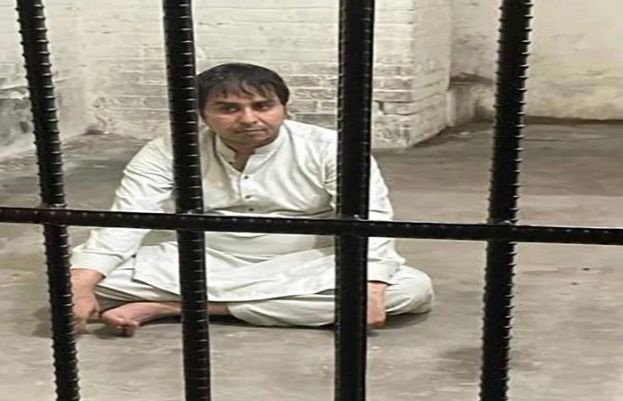
The election of Martin, who replaced Leo Varadkar as Taoiseach during a special sitting of the Dail parliament, comes after months of negotiations between the parties following elections in February.
“To be elected to serve as Taoiseach of a free republic is one of the greatest honours which anyone can receive,” Martin told the parliament.
He said that the most immediate issue facing Ireland was the impact of the coronavirus pandemic.
“At the same time, we know that there are other great challenges which we faced before the pandemic and which remain to be overcome,” he said.
These challenges included affordable housing, hospital waiting times and climate change, the new leader said.
Ireland also faces the economic fallout from the virus as well as a potential no-deal Brexit. The 59-year-old political veteran was later presented with the seal of office by Ireland’s president, Michael D Higgins.
Martin is due to announce ministers in his new administration later in the day.
He takes over from centre-right Fine Gael’s Varadkar in an historic reconciliation of Ireland’s
two major parties — and sworn political rivals — which dates back to the foundation of the state a century ago.
Varadkar said the agreement meant that “today Civil War politics ends in our parliament”.
“Two great parties coming together with another great party, the Green Party, to offer what this country needs, a stable government for the betterment of our country and for the betterment of our world,” added the outgoing premier.
Under the agreement, Fine Gael is set to regain the post of Taoiseach at the end of 2022.
The two centre-right parties needed the support of the Greens to have a working majority in the Irish parliament, their collective total adding up to 85 seats in the 160-seat chamber.
Fianna Fail won the most seats in February’s election with 38, while Fine Gael received 35 seats and the Greens 12. Green Party leader Eamon Ryan spoke of “difficult decisions” ahead for the coalition, especially with regards to the economy.
The political deal notably excludes republicans Sinn Fein from power.
The one-time fringe party won the popular vote with 24.5 percent of first preference ballots — and claimed 37 seats — to become the second-largest force in parliament and is expected to become the main opposition party.
The coalition deal has prompted anger among Sinn Fein members and the party’s leader, Mary Lou McDonald, who told the Dail that the coalition was born out of “necessity and not of ambition”.
She called February’s vote “the change election” and said people had given her party a mandate to be in government because they voted “for fairness, for progress and a new direction in Irish politics”.
“Faced with the prospect of losing their grip on power, Fianna Fail and Fine Gael have circled the wagons,” she added.
from latest-news - SUCH TV https://ift.tt/2NFSucI

No comments:
Post a Comment